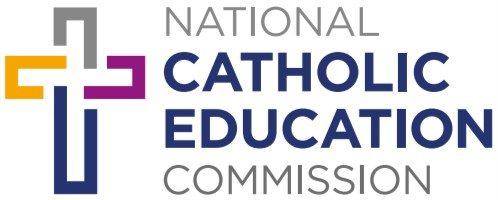Catholic schools across Australia have been recognised by the Australian Curriculum Assessment and Reporting Authority (ACARA) for the high gains achieved by students in the latest NAPLAN results.
O’Loughlin Catholic College, Karama in the Northern Territory saw strong improvement with director of teaching and learning Siobhan Shaikh saying the results reflected the college’s position in the Northern Territory as a provider of quality learning and teaching.
“As part of the college’s commitment to ensuring every child makes academic growth, we have implemented a range of tailored approaches in literacy and numeracy,” Siobhan said.
“As data-informed practitioners, we closely reflected on the story our data was telling us about literacy and numeracy. From this we determined that addressing low literacy for a small, but significant, number of our students was a priority. In numeracy, it was apparent that growth for some students was not optimal.
“In 2022, we implemented a three-wave approach to literacy which entailed bringing a trained primary literacy teacher on board to work one-on-one and in small groups with targeted students. They also worked with teachers across all learning areas to upskill them in terms of literacy as a general capability and how they could incorporate it into their pedagogy. To improve numeracy growth, we again targeted specific students whose data reflected the capacity to work at a higher level,” she said.
“After only one year, the data is telling a promising story. As students prepare to take part in the 2023 NAPLAN, we are optimistic that our approaches will reflect further growth and achievement.”
St Felix Catholic Primary School, Bankstown principal Fran Bonanno said staff worked continuously to improve student learning outcomes at the school.
“Central to this is the belief that all students can and want to succeed in learning,” she said.
“A combination of data analysis, targeted intervention, strong pedagogical practices, high expectations and teacher capacity building provide the foundations for ongoing student progress.
“We are blessed to have a parent community that encourages their children to do their best and support the school’s educational goals.”
The information available on the My School website shows the latest school-level NAPLAN data, helping parents, carers, schools and governments to better understand student performance in the foundational skills of literacy and numeracy.
“One of the great strengths of NAPLAN is its ability to highlight areas students can be supported in their learning and where additional resources or early intervention can be applied to improve literacy and numeracy outcomes,” National Catholic Education executive director Jacinta Collins said.
Ms Collins said recent changes to NAPLAN, to be implemented from this year, will provide a clearer and quicker picture of student learning progress than previous years.
This includes bringing forward the NAPLAN testing schedule from May to mid March this year and the introduction of a new proficiency standard, with four levels of achievement, replacing the previous 10-band structure and the old national minimum standard set in 2008.
“These changes, endorsed by federal, state and territory government education ministers, have been designed to provide parents, school leaders and teachers with a better understanding of how individual students are performing in literacy and numeracy,” Jacinta said.
For more information go to the My School website.
Photo: St Felix Catholic Primary School, Bankstown, principal Fran Bonanno with students.
